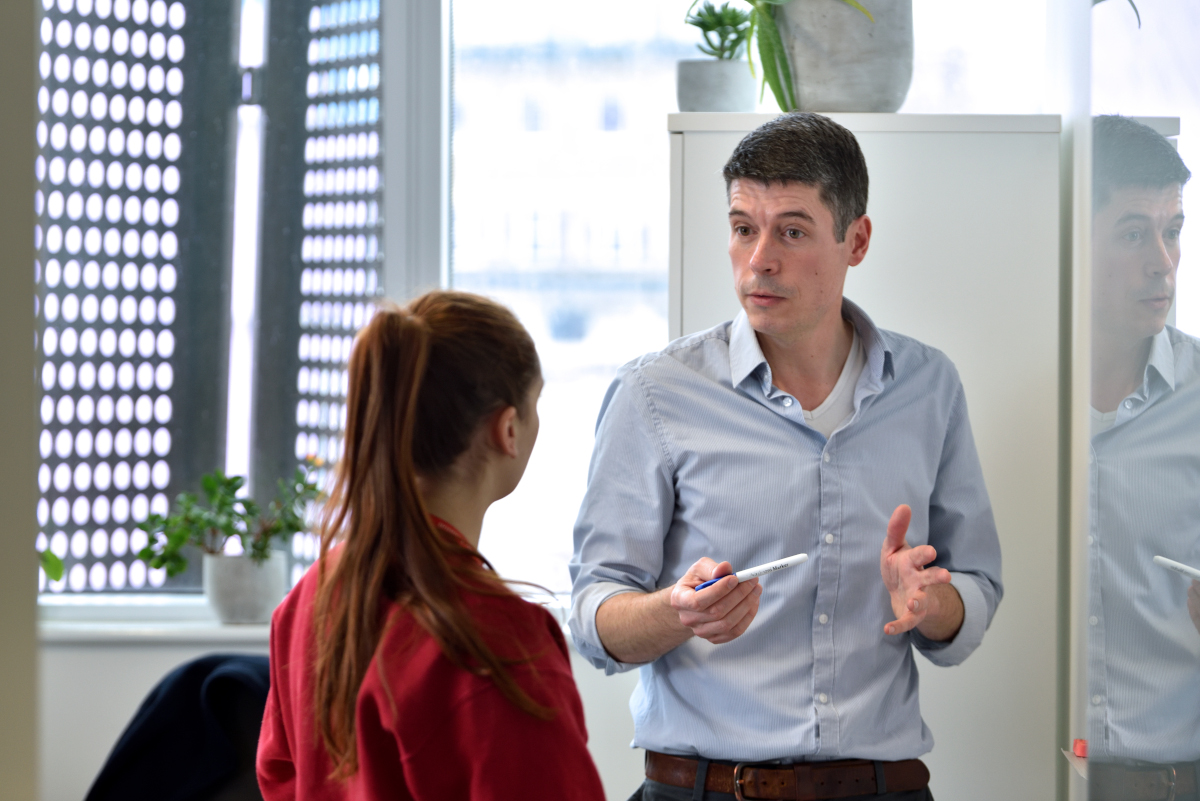


Our research interests are learning and memory and the neural plasticity that supports them. Storage of memory in a retrievable form is required for attainment of reward, avoidance of punishment, execution of skill and social interaction, which are all critical for well-being and survival.
In our lab, we currently focus on a form of learning known as habituation, the memory of familiarity that arises and the detection of novelty that it enables. These are fundamental but understudied processes that nevertheless promise to be relatively tractable. Habituation is as important to humans as it is to mice, reflecting a fundamental role in cognition in which stimuli that signal neither reward nor punishment are adaptively filtered out, enabling energy and attention to be assigned to stimuli that bear greater significance. Deficits in habituation contribute to the cognitive symptoms of neurodevelopmental psychiatric disorders, such as intellectual disability, attention deficit hyperactivity disorder, autism and schizophrenia.
Understanding how the brain mediates habituation, familiarity and novelty detection is therefore likely not only to provide general insight into plasticity in learning and memory, but also into how plasticity may go awry in these disorders.